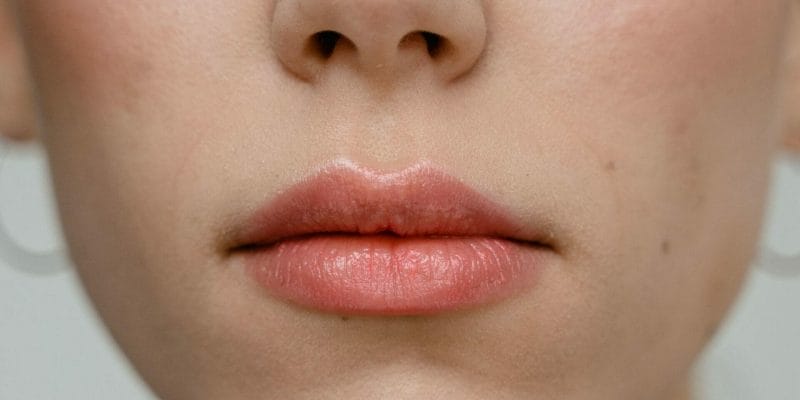The loss of blood from the tissue that lines the inside of your nose is called a nosebleed and it is an extremely common occurrence. Studies on Epistaxis say that although about 60% of people experience a nosebleed at least once in their lifetime, only 10% of these cases turn out to be severe. Read on to learn more about this condition.
Who Is Prone to Getting Nosebleeds?
Nosebleeds are medically termed Epistaxis and seem to be most common in children between the ages of 2 and 10, and seniors between the ages of 50 and 80 years old. Let us look at why this is the case.
Epistaxis In Children
Children are prone to nosebleeds not only because they develop cold and cough easily, but also because there is the risk of them sticking objects up their nose (including their fingers!). Additionally, they are also more prone to falls, which increases their risk of injuries. Other than this, regular exposure to dry air may also cause nosebleeds in children.
Epistaxis In Seniors
Seniors aged 55 and above are more prone to nosebleeds as they may have conditions like atherosclerosis (hardening of the arteries), infections, excessive blood pressure, or blood coagulation abnormalities, all of which can cause nosebleeds.
Epistaxis In Pregnant Women
In pregnant women, blood vessels in the nose expand, putting extra strain on the fragile blood vessels in the nose lining. This means that even a slight impact could rupture one of them and lead to a nosebleed.
Epistaxis In People with Certain Medical Conditions
The thinner the blood, the longer it takes to clot. Therefore, people who take blood thinners like warfarin, aspirin, and apixaban may be at a higher risk of developing this issue.
People with hypertension may also be taking medication that can thin the blood, therefore increasing clotting time.
Further, patients diagnosed with blood-related diseases such as the following are categorized as ‘high risk’ as far as nosebleeds go:
- Hemophilia
- Sickle cell anemia
- Von Willebrand disease
- Disseminated intravascular coagulation
What Should You Do When An Epistaxis Occurs?
Here is a list of things you should do when you have a nosebleed.
-
Sit Up Straight
- Remember to sit upright and lean slightly forward. This will not just reduce pressure on your nasal blood vessels, but also prevent you from swallowing the blood.
-
Blow Your Nose
- Blow your nose very gently into a tissue or soft cloth to rid the passage of the collected blood.
-
Apply a Decongestant Spray
- Decongestants sprays are OTC medications that temporarily restrict the blood flow to your nose by acting as vasoconstrictors. This will usually stop the bleeding right away.
-
Apply Pressure
- Pinching your nose for a good 10 to 15 minutes and breathing through your mouth meanwhile is recommended. The pressure applied will arrest the bleeding right away and help the blood in clotting.
- To prevent re-bleeding, remember to not bend down for several hours after. The idea here is to keep your head above the level of your heart so gravity works in your favor. Also, it may feel a bit ticklish while healing but do not pick your nose or insert any objects into your nostrils.
When To Seek Medical Help
If the bleeding does not stop after 20 minutes, then medical assistance may be required.
If the nosebleed occurred after an injury to the head or face, then it’s vital to seek medical assistance right away as the problem may be more serious than just epistaxis.
If you’d like to learn more about epistaxis, visit the SinusHealth website. Our board-certified otolaryngologists and rhinologists provide trusted answers to your questions about nasal and sinus conditions and treatment methods. Get in touch with us if you need help finding a rhinologist.

